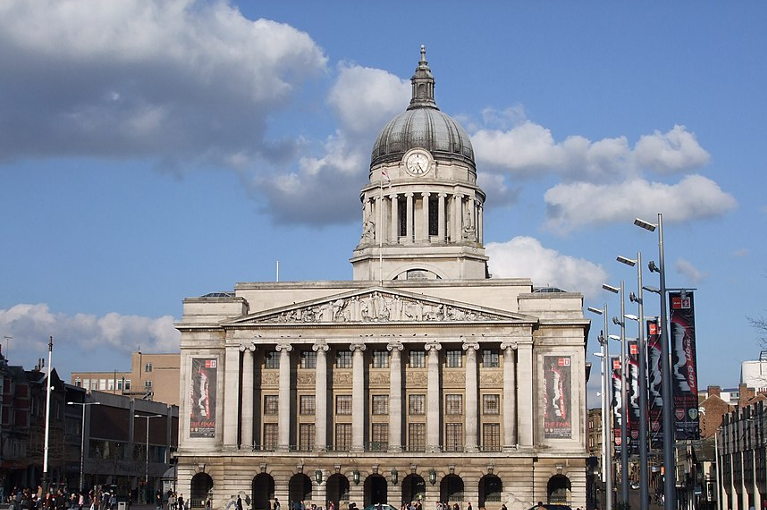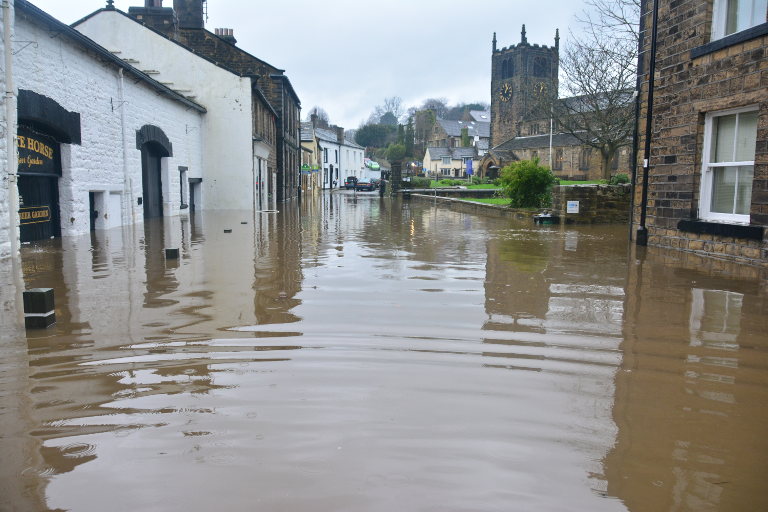I now live in Nottingham in semi-retirement. This means doing much the same as when I was 64 but with a state pension and tiny private pension as well. In 1970 I got a 1st in Economics at Nottingham University – and then in 1974 an M.Phil. for a thesis on a Marxist approach to the economic development of India. This led to a varied career working with mainly community projects both in the UK and abroad. In 2003 John Jopling of Feasta followed a suggestion of Richard Douthwaite’s and invited me to a yearly group discussion by the sea – at Rossbeigh in Kerry. I have been going virtually every year since then and have spent much of my spare time involved in the ecological and economics discussions of Feasta, particularly in its climate work. After Richard’s passing I stepped into part of a teaching role that he had had at Dublin City University teaching on a degree in Religion and Ecology. This teaching led, in turn, to this book.
The Nottingham Economic Recovery and Renewal Consultation – Part Five
The transition into this future will be painful but it will be even more painful unless we radically rethink what is going on and how we all need to respond.
February 4, 2021
The Nottingham Economic Recovery and Renewal Consultation – Part Four
In effect the current debt is managed by borrowing from the future, on the assumption that the future will be better off. But the underlying trend based on an energy analysis tells us a different story.
February 2, 2021
The Nottingham Economic Recovery and Renewal Consultation – Part Three
Promoting economic growth is unethical because economic activity has overshot the carrying capacity of the biosphere and is degrading the ecological system.
January 28, 2021
Nottingham Economy Recovery and Renewal Consultation – Response Part Two
As the demand for help from food banks increases can we really expect that spending on the arts and culture will be getting top priority in how people allocate their available money?
January 27, 2021
Nottingham Economic Recovery and Renewal Consultation – Response Part One
This means that there are a number of ecological economic needs for a change in the structure of the Nottingham economy which will have to happen – above all relocalisation of economic relationships, particularly in food production.
January 26, 2021
Bringing disaster preparedness into resilience politics
In preparing for disaster – and re-developing after disaster occurs – we must guide the redevelopment with a new kind of political economy that is socially just AND pulls back economic activity from recreating the same problems over and again.
November 4, 2020



